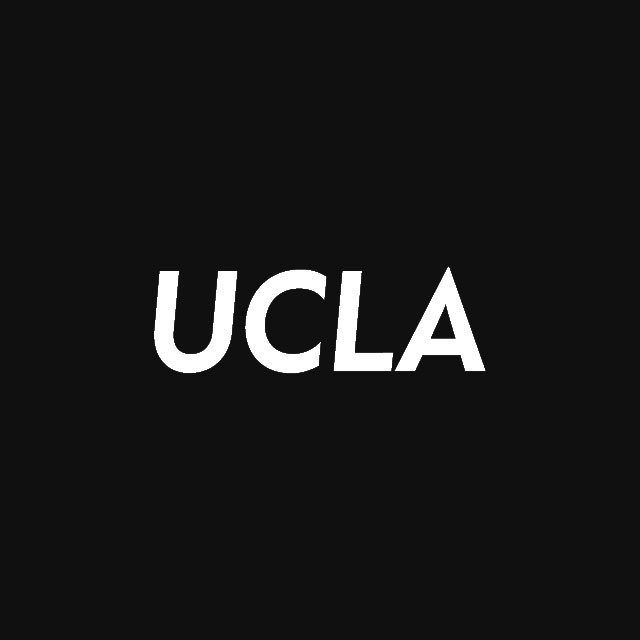
Meredith K. Ray
Speroni Chair, Winter 2018
Meredith K. Ray is Professor of Italian at the University of Delaware and the 2017-2018 Charles Speroni Endowed Chair at the Department of Italian at the University of California, Los Angeles. Dr. Ray she teaches courses in medieval and Renaissance Italian literature, history, and culture as well as Italian composition, Italian music, and Italian detective fiction and film. She regularly offers courses on women writers of early modern Europe, Italy in the age of the Scientific Revolution, and Dante’s Divine Comedy in Italian and in translation. She is affiliated with the Department of Women and Gender Studies and the European Studies program at the Center for Global and Area Studies.
Dr. Ray’s active research agenda includes Italian women’s writing of the sixteenth and seventeenth centuries, early modern scientific culture, epistolary writing, convent culture, and contemporary fictions of Renaissance Italy. She has been the recipient of fellowships from the American Association of University Women, the Fulbright Foundation, the National Endowment for the Humanities, and the Renaissance Society of America. Dr. Ray is the author of Daughters of Alchemy: Women and Scientific Culture in Early Modern Italy (Harvard University Press, 2016) and Writing Gender in Women’s Letter Collections of the Italian Renaissance (University of Toronto Press, 2009), winner of a 2009 American Association of Italian Studies Best Book Prize; she is also the co-editor of Arcangela Tarabotti: Letters Familiar and Formal (Centre for Reformation and Renaissance Studies, 2013), winner of the 2013 Translation Prize from the Society for the Study of Early Modern Women.
Dr. Ray’s most recent book is Margherita Sarrocchi’s Letters to Galileo: Astronomy, Astrology, and Poetics in Seventeenth-Century Italy (Palgrave Macmillan, 2016). Works-in-progress include a translation of Machiavelli’s writings on Florentine history and an edition of Arcangela Tarabotti’s Paradiso monacale, in collaboration with Dr. Lynn Westwater, which is supported by a grant from the National Endowment for the Humanities.


